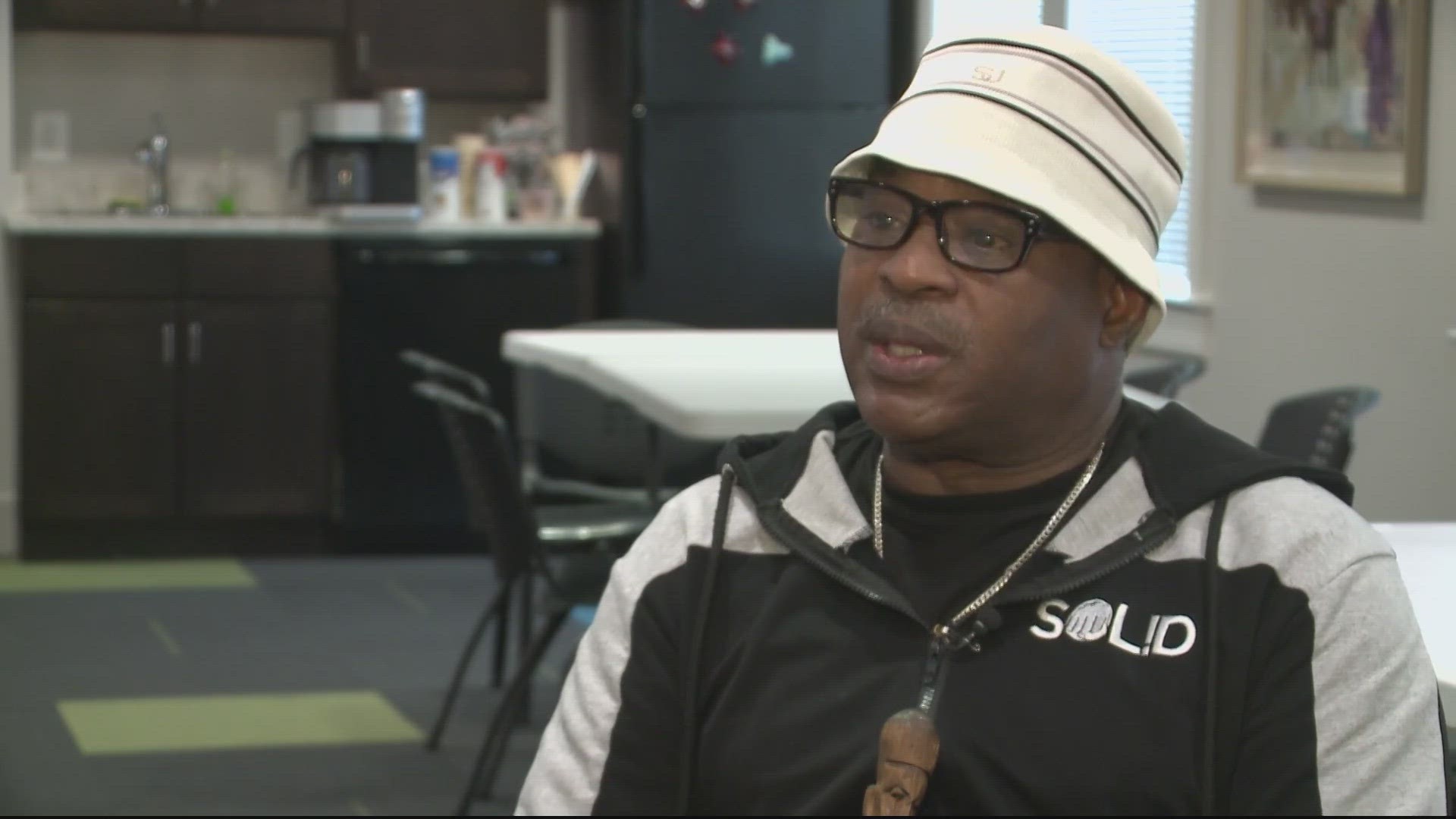WASHINGTON —
Going green is great, but not everyone can afford it. However, there’s a program in D.C. benefiting people who might otherwise not be able to take advantage of a new green economy. That’s where the Solar for All Program comes in. This is a partnership between DC Department of Energy, Jubilee Housing, Pepco, and New Partners Community Solar.
Here's how it works. Solar arrays are installed on space that’s donated, like the rooftop at Pepco’s D.C. headquarters. Power is then generated and diverted to benefit low-income housing residents. This helps reduce residents' electric bills by about 50%.
The solar arrays are provided thanks to New Partners Community Solar. Jeff Lesk, President of New Partners Community Solar, spoke about some of the benefits of this program.
“The reason we like it so much is that it enables people who can’t have their own solar arrays. Either they can’t afford it, the roof isn’t suitable, they live in a really shaded area -- but particularly the low-income side. They can’t afford it, but [can] still benefit from this new green economy and not be left behind as the nation moves forward,” Lesk said.
One of the main beneficiaries of Solar for All is Jubilee Housing, a high-quality, low-income residency.
“This is just another way to provide some economic benefits for residents who just don't have a lot of spending power and they have not seen their income raise as other costs have gone up,” said Marty Mellot, a representative of Jubilee Housing.
But what about the residents? How do they feel about the significant reduction in their energy costs? Sammuel Buggs, a Jubilee Housing resident, told WUSA9 about how impactful this program has been on his life and the lives of his neighbors.
“I mean, this has been a tremendous help to myself, and others in this building. The extra $40 [or] $50 that were saved each month from our electric bill, that allows me to buy at least two [or] three meals for that particular week. And that's a blessing,” said Buggs.
Thanks to a Pepco grant, Jubilee Housing also has the first-of-its-kind resiliency room. When the power goes out, solar-powered battery packs bring life-saving power to residents.
We spoke with James Pittman from Pepco to learn more about why they are getting involved with bringing clean energy to low-income housing.
“We're neighbors first. We’re a partner in the community, we look to partner with folks. We know climate change is a huge issue. The District has leading standards and we want to partner with them to make that happen. In order to do that, we all have to play our part. This is something that's core with us. We want to make sure we do this equitably and affordably for all of our customers throughout all eight wards. We live in the communities we serve. And we'd love to have this as part of our legacy,” Pittman said.
For Buggs, the battery packs give him a new sense of peace, knowing that his health won’t be compromised due to a power outage.
“If [the] electricity goes out, I'm in a world of trouble. I have a nebulizer machine that needs to be plugged up [and] a sleep apnea machine that needs to be plugged up,” he said.
The Solar for All Program may just be starting in D.C. but looks to expand into new areas in the future.
“We're grateful because without it, our lives would be different. Our lives would certainly be different,” Buggs said.

